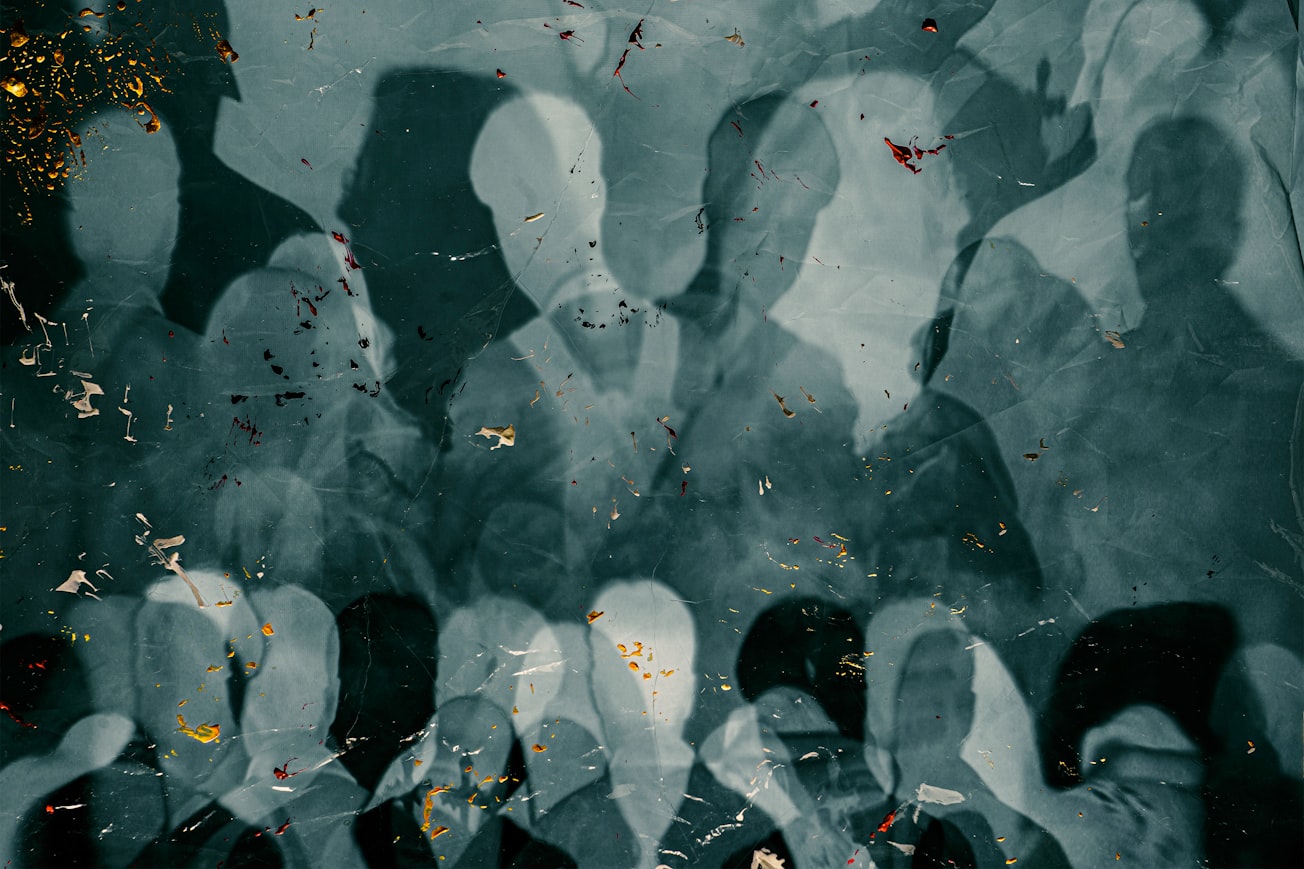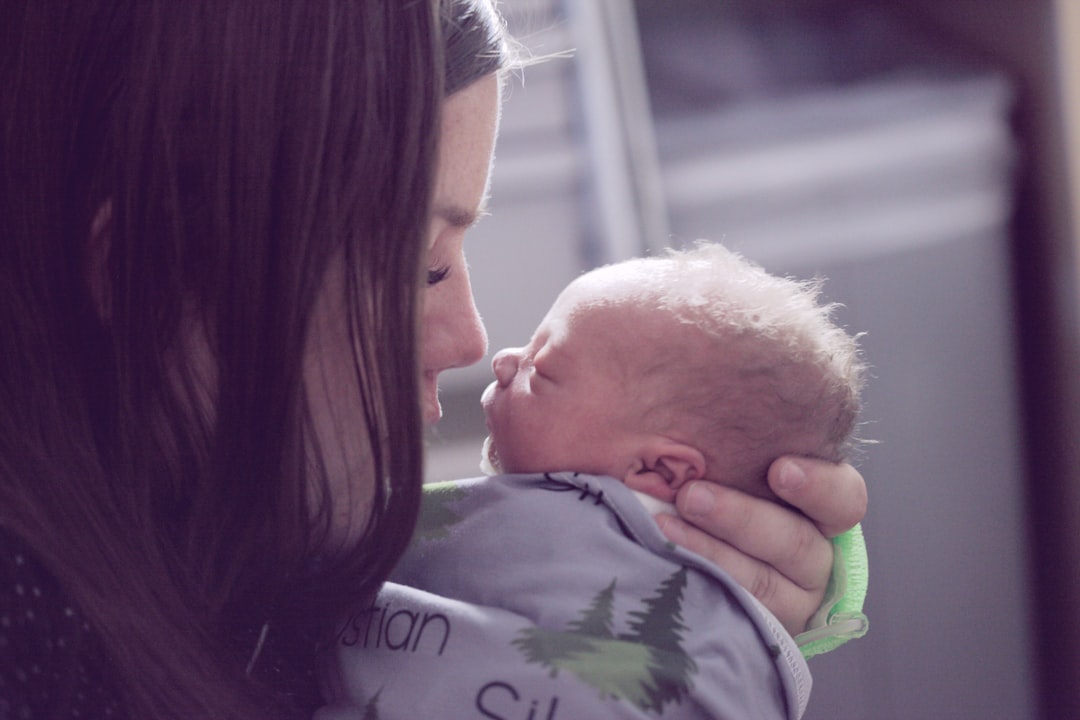What is it about?
The idea that people are unconsciously biased against different social groups has become a staple of contemporary discussions. But are these biases actually unconscious, or can people be conscious of them? Prior research showed that people can accurately *predict* what their biases are going to be, but it is unclear how they're making those predictions. Here, we find evidence that people are in part making these predictions based on conscious awareness of their own biases, but also in part by deducing their biases from easily observable facts about themselves, such as their demographic categories (including age, gender, and ethnicity) and their explicit (self-reported) attitudes.
Featured Image

Photo by Jr Korpa on Unsplash
Why is it important?
If people can actually be conscious of their own "unconscious" biases, this substantially changes our understanding of those biases, and opens up new possibilities to change them.
Read the Original
This page is a summary of: Awareness of implicit attitudes: Large-scale investigations of mechanism and scope., Journal of Experimental Psychology General, September 2023, American Psychological Association (APA),
DOI: 10.1037/xge0001464.
You can read the full text:
Contributors
The following have contributed to this page










